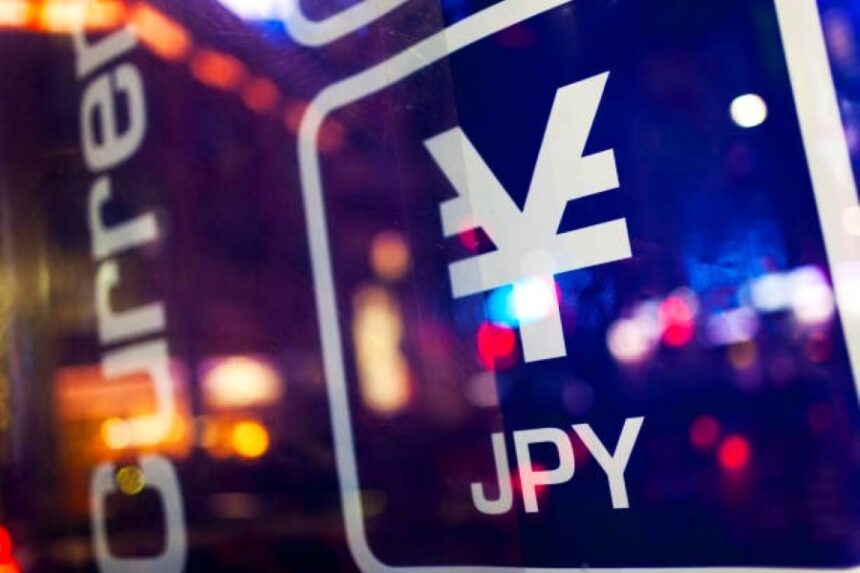Japanese yen finds it difficult to profit from a stronger intraday uptick driven by domestic inflation.
Following an intraday rally driven by higher domestic consumer inflation data and concerns that heightened political unpredictability may postpone the Bank of Japan’s (BoJ) rate-hike plan, the Japanese yen (JPY) draws new sellers. Furthermore, the lower-yielding US Treasury bonds impacted by high yields, which supported by worries that US President Donald Trump’s policies may increase inflation and compel the Fed to gradually lower rates.
The JPY capped by the BoJ rate-hike uncertainty, the positive market sentiment, and high US bond yields.
The demand for the safe-haven JPY thought to be weakened by the pervasive risk-on environment. This and ongoing buying interest in the US dollar (USD) factors in the USDJPY pair’s positive intraday rebound of more than 80 pips from sub-154.00 levels. However, the JPY bears may refrain from making aggressive bets and cap the currency pair due to concerns that Japanese authorities may interfere in the foreign exchange market to support the home currency.
Daily Market update: Japanese yen declines following a brief increase driven by the Japanese CPI.
This Friday, the Japan Statistics Bureau announced that the core CPI, which does not include volatile fresh food items, increased 2.3% in October, while the National Consumer Price Index (CPI) decreased from 2.5% to 2.3% YoY.
Other information showed that to the widely accepted reading of 220,000.
Following a steep decline in September to the lowest level since October 2010, US existing home sales saw their first annual increase since mid-2021 in October, rising to an annual rate of 3.96 million units.
According to a survey, November saw an unexpected decline in manufacturing activity in the Philadelphia area. The Manufacturing Index of the Federal Reserve (Fed) Bank of Philadelphia fell from +10.3 to -5.5.
According to Chicago Fed President Austan Goolsbee, inflation headed toward 2%, and as the US central bank approaches the rate-setting point, it might be prudent to reduce interest rates more gradually.
The USD reaches a new high for the year and provides the USDJPY pair with more support.
John Williams, the president of the New York Fed, separately stated that he believes inflation is slowing down and interest rates continuing to decline since the labor market has stabilized and isn’t driving inflation higher.
Amid fears that US President-elect Donald Trump’s policies could rekindle inflation and restrict the Fed’s ability to further lower interest rates, the US dollar surged to its highest level since October 4, 2023.
Additionally, the US Treasury bond yields remain high due to ongoing worries about inflation and possible fiscal expansion, which, combined with the positive market sentiment, limits the upside for the safe-haven JPY.
As the weekend approaches, traders anticipate the release of the updated Michigan Consumer Sentiment Index and the flash US Manufacturing and Services PMI prints for short-term opportunities.








